RCUAS Vision document “Professional higher education in 2035” (2020)
Estonian Rectors´ Conference of Universities of Applied Sciences presents the vision document “Professional higher education in 2035” that was compiled by the members of RCUAS. The employees of the higher education department of the Estonian Ministry of Education and Research also gave their contribution to the vision document. The vision document aims to look at what has happened over last 15 years and what we have accomplished. The development trends of higher education and the questions concerning the funding of higher education was analysed as well as the role of applied higher education and the institutions of applied higher education in the Estonian higher education landscape.
Universities of Applied Sciences in 2035: Vision-based Approach for Future Developments in Estonia (2020)
RCUAS Roadmap 2020 “Professional Higher Education in the Context of European Higher Education” (2014)
In the last decades, there have been considerable developments in the EU higher education sector/system. Estonian Rectors’ Conference of UAS (RCUAS) drew up the UAS Roadmap for 2020 “Professional Higher Education in the Context of European Higher Education” to analyse the future trends of professional higher education in different countries.
Combined research methodology was used during this research – first, the development trends of the key performance indicators of the member institutions of RCUAS were analysed for the period of 2008–2012, then semi-structured interviews with rectors of higher education institutions, members of European rectors’ conferences and higher education experts were conducted. The data reflecting the main development trends of professional higher education institutions was collected both from the Estonian Education Information System and from the professional higher education institutions, based on harmonized criteria.
When analysing professional higher education in the context of educational reforms, it can be said that the higher education systems in Estonia and other EU countries follow a similar pattern, however, a certain time lag can be noticed.
The ideal of an education system fully matching the needs of an employment market is a noble and high goal to be sought after. At the same time, a higher education system integrated completely to an employment market exists in no country.
The project was completed in 2014.
The project was funded by the EU Cooperation Program PRIMUS.

